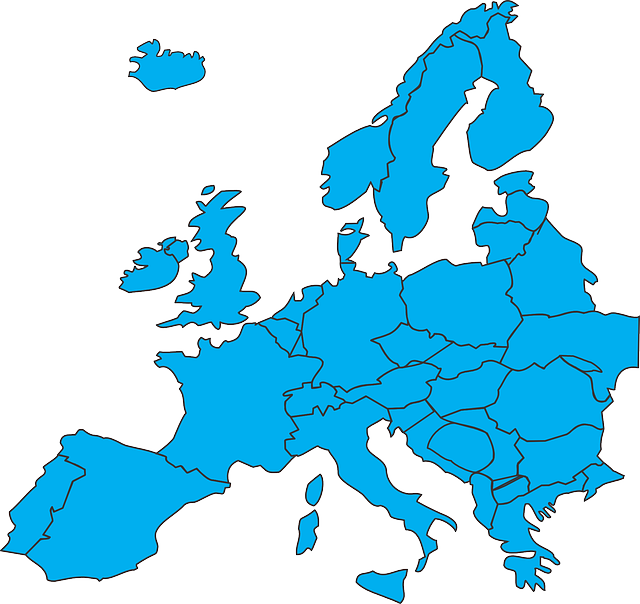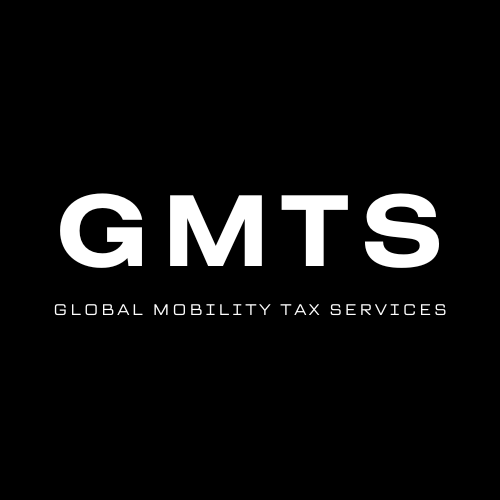
We often get asked whether or not an A1 certificate is needed when visiting a European country even if it is only for a short business trip.
The regulations around posted workers and social security protocols can often be confusing and vary in their implementations in the various European countries.
Organisations and individuals alike working across borders are understandably concerned about staying compliant and avoiding fines as well as reputational damages.
For this reason, we have decided to write this article with the aim of providing not only an overview on the A1 Certificate itself but also navigating through the complexities surrounding individuals cross border travel and working with a particular focus on short term business trips.
What is an A1 Certificate
According to the Dutch authorities “an A1 certificate is a document that states in which country a worker’s social insurance premiums are paid. Without an A1 certificate you or your employee cannot work in some countries“.
More specifically, social security agreements between European countries stipulate that a person can only be subject to social security contributions in one country.
Therefore, the issuance of the A1 Certificate (by the country’s authorities where the worker is employed) is the mechanism through which an individual can be exempted from the social security contributions normally required in the host country where they are being seconded / posted.
Within the framework of the posted worker rules, some European countries (for example France, Italy, Germany and about 15 other countries) also require a notification to be sent to the local social security / labour authorities when an individual arrives (or prior to arriving) on assignment from another European country.
Having said that, France for instance allows an exemption of the posted worker notification provided certain conditions are met, thus making it even trickier to understand how to be compliant.
However, the A1 Certificate itself does not always need to be sent to the host country social security / labour authorities together with the posting notification.
This in turn means that the A1 Certificate, in the countries which do not require it to be sent together with the posting notification, is merely a document which is meant to be kept on file by the employer and carried with by the employee in case of an inspection by the host country labour and/or social security authorities.
The A1 Certificate requirement therefore is very clear cut where an individual goes on assignment for a short to medium period of time.
An A1 Certificate is in fact issued for a maximum of 2 to 5 years (depending on the European country issuing it) after which local social security contributions will become due unless an extension is granted.
What happens though when an individual (employee or self-employed) is only travelling for work to another European country for a very short period of time (say 2-3 days) and they are not even doing actual work but merely attending meetings, fairs or trainings?
A1 Certificate for short business trips
The situation becomes quite unclear (and also it may differ from country to country) when an individual is travelling for a short period of time (say 2-3 days) as a one-off business trip and they are NOT providing any services in the host country but simply attending seminars, meetings and/or receiving training.
The German Chamber of Industry and Commerce for example argues that an A1 Certificate must be obtained by any employee or self-employed person “posted” to work in another EU country (or in Iceland, Liechtenstein, Norway or Switzerland) regardless of the activities carried out and the length of stay.
On the other hand, the EU published a practical guide on the posting of workers in 2019 which confirmed, (see point 2.4) that temporary workers, who do not provide services on their trips, do not fall under the definition of posted workers.
In other words, attending conferences, meetings, fairs, following training etc. would prima facie override what any local government authorities might say and not require an A1 Certificate confirming that social security contributions are in fact being paid in the country where the individual is employed.
However, reading on, the same point 2.4 of the practical guide also mentions that this applies to the administrative requirements and control measures set out in Article 9 of the Posted Workers Directive only and not to social security.
The guide in fact subsequently states that for social security purposes “every cross-border work-related activity (including ‘business trips’) the employer, or any self-employed person concerned, is under the obligation to notify the competent (home) Member State, whenever possible in advance, and obtain a portable document A1 (PD A1)“
The practical guide goes on to say “that obligation covers any economic activity, even if only of short duration. These regulations do not provide for any exceptions for business trips either”.
To make matters even more complicated, some European countries such France, Belgium, Austria, Switzerland and Luxembourg seem to have stepped up controls and enforcement of the A1 Certificate whilst others appear to have, at best, concentrated on particular industries where social security contributions fraud is known to be more widespread (such as the construction industry for instance).
Help deciding whether to obtain an A1 Certificate
The decision of whether to apply for / obtain an A1 Certificate ultimately can only rest with the employer/s and individual/s concerned and their risk appetite (or lack thereof).
Technically, it appears clear an A1 Certificate is needed regardless of duration, industry, country visited and type of activities carried out whilst in that country.
In reality though, there are many individuals crossing borders across Europe every day without taking with them an A1 Certificate and they have never been asked for one.
On the other hand, we are also aware of workers who were denied access to a site.
Not necessarily by a labour inspection but by the company they were visiting in the host country because the business hosting them did not want to take on themselves any responsibility in connection with a hypothetical accident at work whilst visiting their site / premises without the coverage afforded by an A1 Certificate.
Historically, social security experts would advise to obtain an A1 Certificate when posted workers were spending more than 5% of their working time in a different country.
These days though, there is a growing number of European countries expecting (and ready to enforce upon) posted workers to have an A1 Certificate with them even for a single business trip of a day involving a meeting only.
We would encourage employers and individuals alike to consider the following factors in their decision making process:
1) the country they are travelling to and whether there is evidence of that country enforcing A1 Certificates on short term travellers.
2) the activities carried out and whether they are providing a service or merely attending a seminar, training or meeting.
3) the duration and frequency of the visits in that country (clearly the longer and more often the visits are, the riskier it gets not to have an A1 certificate)
4) the industry the individual operates in and the place they need to be at in the host country (i.e. a construction site no doubt has a much higher chance of being inspected than a two persons meeting at the arrival hall of an airport).
5) the time it takes to obtain an A1 Certificate which in some cases can be weeks if not months, by which time, the individual might have had to go without one anyway.
6) future work-related travel plans as it is possible to get a multi-state A1 Certificate which would avoid having to go through the application process each single time a new European country is visited and make the whole application decision a no-brainer.
Application process
To obtain an A1 Certificate, the employer or the individual needs to submit an A1 Form to the authorities of the country where they currently pay social security contributions.
The form itself may have different names depending on the European country.
For example, in the UK, it goes by the name of CA3822 (though this may not be the only form that needs to be submitted to HMRC) and can usually be submitted online or in hard copy by the employer, individual or their agent.
Here it is the full list A1 issuers in each European country.
The processing time can vary significantly not only depending on the country but also when measured against a country’s own official turnaround times for issuing A1 certificates.
In our experience, we have seen anything from 2 weeks to 6 months (and that’s provided there were no issues with the application submitted).
The application itself is relatively straight forward, though we have seen some first-time applicants struggling to answer some of the questions being asked on the A1 Form.
Typically, A1 applicants need to provide details such as date of birth, social security number, residential address, employer’s address, work address in the country they are being posted to, job title, length of stay, etc.
Potential risks and penalties for non-compliance
Once again, there can be significant differences between the various European countries both in terms of the risks of being caught without a valid A1 certificate as well as the fines imposed.
In Austria and Luxembourg penalties could reach up to €10K whereas in France up to €3,300 for instance.
Financial penalties aside, other potential risks involve:
– the reputational damage to the company in the press and/or with the host country’s social security authorities
– the individual may experience “bureaucratic difficulties” whilst they are in a country they are not familiar with
– the actual social security contributions potentially being due in both home and host country
FAQ on the E101 Certificate
Does the A1 Certificate also apply to posted workers if they are employed outside of Europe (for example if my employer is sending me on business trips to Europe from the US, Canada or Australia)?
Nonetheless, those countries might still have international social security agreements, also known as Totalization Agreements, with other countries not on that list.
In such circumstances – i.e. US expat employee moving from the USA to the UK – rather than an A1 Certificate, the posted worker will need to obtain a Certificate of Coverage (in our example, from the US Social Security Administration).
Contact us should you require further clarifications on the A1 Certificate and/or have a look at some of the other insights we have published.


